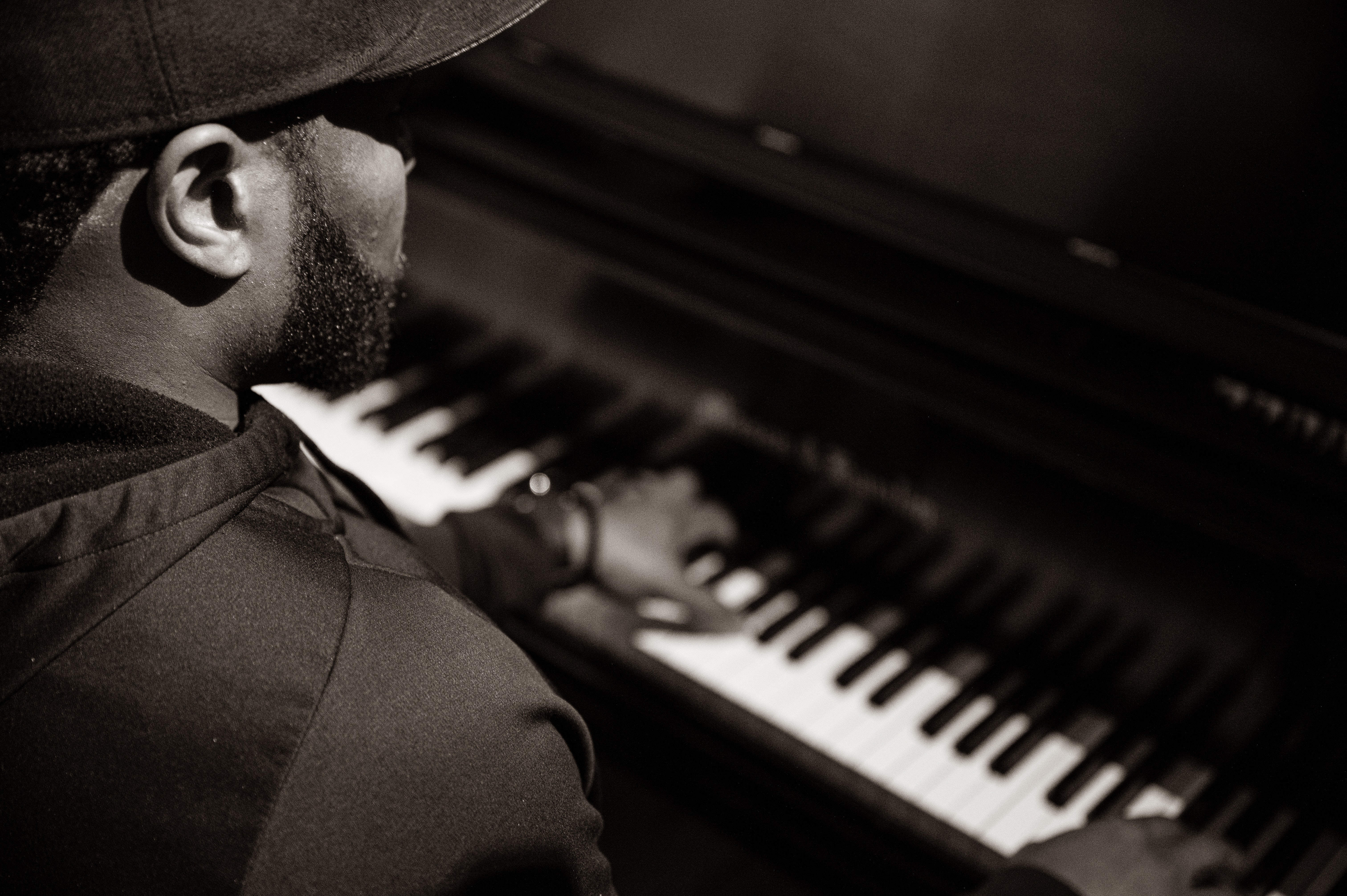On June 16, 2020, NAMM members and music education advocates gathered online for the NAMM Advocacy Summit.
Educational programming and performances took place throughout the day, including a session on the future of music education. The session explored the United States’ K-12 and higher education teaching and learning environments and the future of music learning and teaching.
Speakers include representatives from the National Association for Music Education, Young Audiences, The College Music Society, and the University of South Carolina School of Music.
Part A: The Future of Music Education K-12
“There are multiple possibilities for schools [to reopen] in the fall. In person, online, or a hybrid of the two,” said Lynn Tuttle, Director of Public Policy, Research & Professional Development, of the National Association for Music Education.
According to Tuttle, most schools will not reconvene their large music ensembles this fall, due to safety concerns. She emphasized the opportunities for schools to move beyond the ‘large ensemble’ during the summertime, with ideas stemming from student conversations.
David Dik, National Executive Director of Young Audiences, stressed the importance of fostering creativity.
“We need to shift from ‘No, but,’ to ‘Yes, and…’” said Dik, “Rather than creating performers how do we create musicians instead?”
Part B: The Future of Music Education: Higher Education
According to Bill Pelto, Executive Director of The College Music Society, schools need “a new universal design for music making.”
“[We need] multiple solutions,” he said. “All of which keep safety and equity as prime concerns, proclaiming that black musician’s lives matter and that public health must be a component of our collective musical community.”
Discussions about student learning and music making must be informed by several factors, he said.
“Both the effects and threat of the pandemic and our wakeup to the realities of inequalities and racism pervade our higher education institutions and organizations,” said Pelto.
Tayloe Harding, Dean of the University of South Carolina School of Music, stressed music in higher education relies on greater distinctiveness and transparency.
“Music is not for music’s sake alone, it is for society’s sake,” he said.

